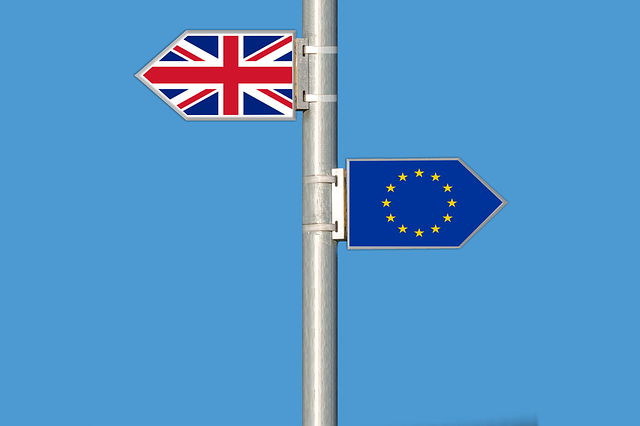The UK’s seemingly endless deliberation over how to leave the EU could be nearing its conclusion. Among the permutations is the “no-deal” scenario whereby the UK would leave and revert to trading with external partners under World Trade Organisation (WTO) rules. It’s a daunting prospect for everyone, and oil traders and credit professionals are no exception.

One of the biggest questions which has emerged for traders concerns the terms of import of physical oil products to the UK. Under EU rules, gasoline and diesel imported to the UK from non-EU suppliers are subject to a tariff of 4.7%, a significant addition to costs which would be eliminated in a no-deal exit. It’s music to the ears of oil refiners in the US, Russia and other non-EU states, which have already gained ground in the EU oil market and would love to build up their presence. Steadily declining North Sea crude oil output has altered the economics of integrated oil activities in the UK, and some refineries have shut down, ushering in rising fuel imports. But six plants remain with combined processing capacity of well over 1 million barrels-per-day, so the sector is still of great significance, and a boost to the competitiveness of imported fuels through “no deal” would create a major new challenge.
How will the oil products trading landscape change?
One immediate potential effect to consider would be the impact on the profitability and credit rating of UK oil refiners. By taking away the 4.7% tariff on US and Russian fuel imports, regulators will erode the competitiveness of UK oil refiners in their home market. And since WTO “works both ways”, UK oil refiners’ fuel exports, for example to Ireland, an EU member, will have a new tariff applied, making them more costly. It’s a risk which UK refiners, such as Jim Ratcliffe’s Ineos, which operates the Grangemouth oil refining complex, will have to take very seriously if a “no deal” scenario comes to pass.
There is also a risk that the UK could become a smugglers’ paradise. Whenever a price discrepancy emerges between two locations, even if created by a tariff, market failure follows in the form of smuggling. For example if a fuel cargo bound for the UK according to the destination clause in the bill of lading (BL), thus avoiding the 4.7% tariff, is redirected under the radar to mainland Europe, or perhaps Ireland, by an unscrupulous trader. European importers will have to be especially vigilant about origins if the UK leaves the EU with no deal and, may have to add new compliance procedures over cargoes traded in the Channel and Baltic, for example using newly-designed certificates of origin which correctly reflect any change in the regime.
Could be opportunities for some oil market participants to profit from “no deal”?
With lower import charges, and assuming extra transportation costs are not excessive, the UK could in theory become a refuelling hub because of a “no-deal”, offering a more favourable fuel price to shippers and aviation companies active in the region. Why refuel your ship with bunkers or your jet with aviation fuel in mainland Europe when you can do it 4.7% cheaper in the UK? It’s an intriguing possibility, and could motivate shipowners and airlines to stock up on cheaper transport fuel in the UK, if WTO rules enhance the UK’s status as a hub.
And, over the long-term, there is some potential for refinery operators to latch onto the tailwind of these opportunities if UK refining gets tough in the face of increased imports.
The option of “conversion-to-storage”, based on a model used by Greenergy at the UK Coryton oil refinery back in 2012, could offer a pathway out of trouble. Alternatively, some refineries in Italy and France have been converted to biofuel production, so UK operators could look at the potential there. Yet, the outlook for this market is not so clear, due mainly to fears over deforestation caused by use of palm oil. However the chain of events unfolds in the UK, oil market credit and compliance professionals will have to evaluate the implications on UK imports closely.
Infospectrum's team has extensive experience in providing pre-contract due diligence and consultancy to the shipping, logistics and commodity trading sectors. If you are interested in discovering how our expertise can support your organisation, click the button below to get in touch.


